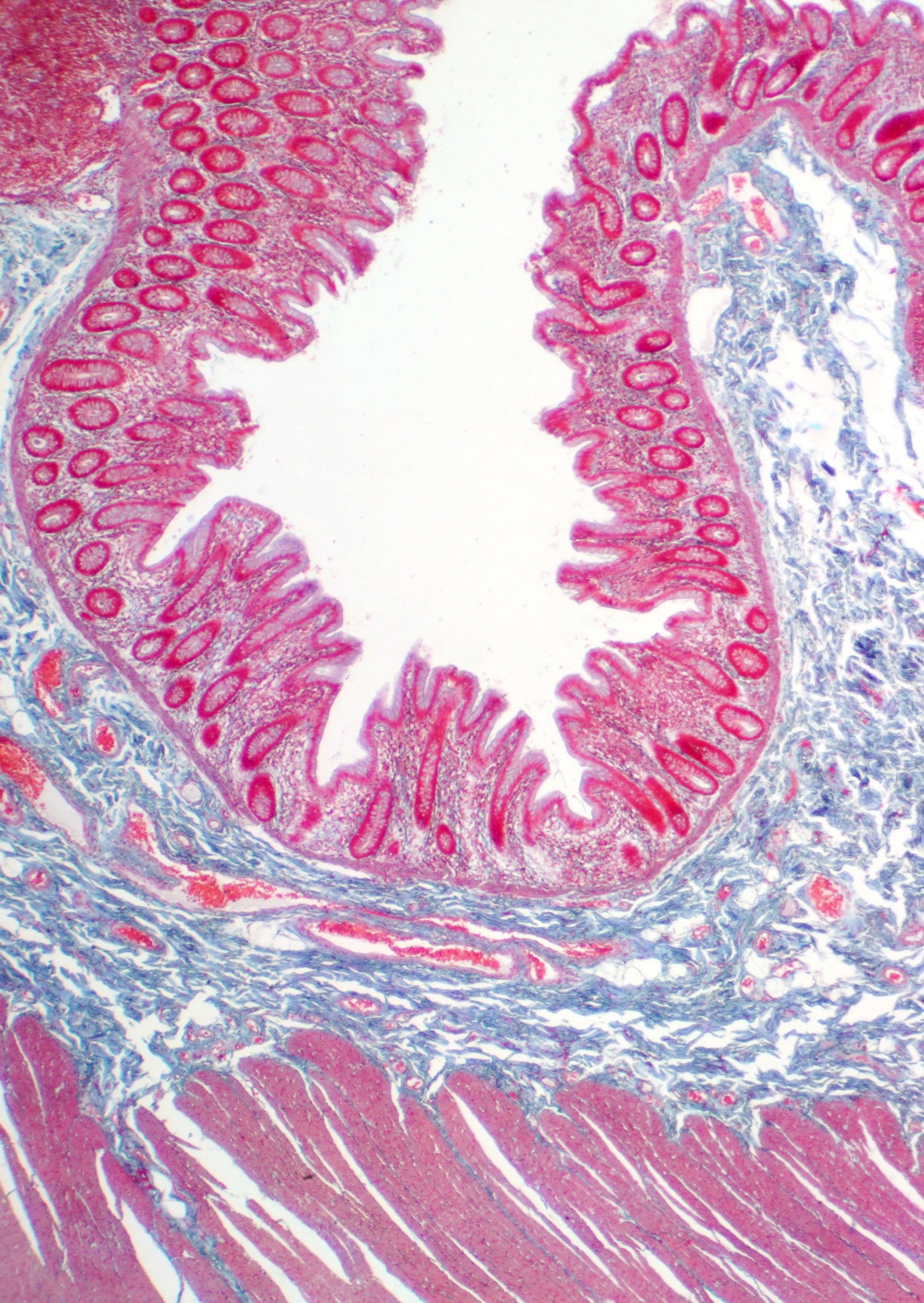Advances in gut microbiome research

Many infections acquired in hospitals are caused by the bacterium Pseudomonas aeruginosa. Pseudomonas aeruginosa frequently presents challenges due to its extreme versatility, antibiotic resistance and tendency to cause infections in immunocompromised individuals. It frequently triggers severe cases of pneumonia and septicaemia.
Gut microbiome and its imbalance (dysbiosis) are known to influence the body’s immune response. A recent study utilised a mouse model to investigate the ability of high purity fucoidans to modulate the gut microbiota and support the decolonisation of Pseudomonas aeruginosa.
Results showed that following oral fucoidan supplementation, 60% of infected mice were decolonised of Pseudomonas aeruginosa. Importantly, the mice were found to resist further re-colonisation, suggesting re-colonisation resistance by altered gut microbiota. Furthermore, the high purity fucoidans selectively promoted the growth of beneficial Bacteroides species and reduced the abundance of the potentially harmful bacteria - thereby supporting a healthy gut microbiota.
The high purity fucoidans used in the study were derived from the seaweeds Ascophyllum nodosum and Fucus vesiculosus, and were produced by Marinova Pty Ltd.
The research suggests supplementing the diet with high purity fucoidan may support recovery from dysbiosis and assist in the decolonisation of Pseudomonas aeruginosa from the gut. Further studies are needed to examine the clinical application of fucoidans to prevent Pseudomonas aeruginosa colonisation and infection.
The full paper, ‘Marine prebiotics mediate colonization of Pseudomonas aeruginosa from gut by inhibiting secreted virulence factor interactions with mucin and enriching Bacteroides population’ was published in Journal of Biomedical Science.